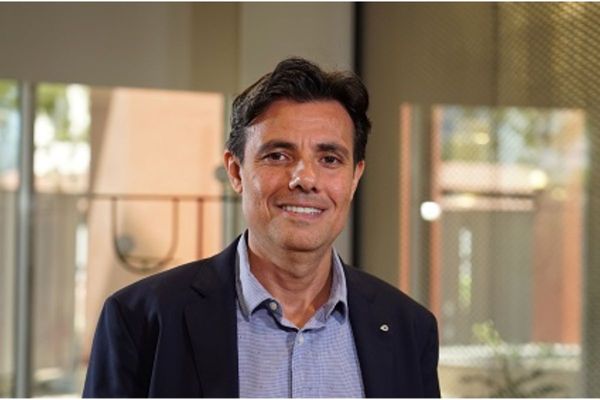The annual Edelman Trust Barometer released its global findings earlier this month, and UAE has once again emerged as one of the most trusted countries in the world after China and Indonesia.
While economic optimism across the globe continues to fluctuate with forecasts for global growth at 2.9% in this year, down from 3.4% in 2022, the UAE continues to maintain its position as a heavily trusted country.
The Edelman Trust Barometer has launched its 23rd annual trust and credibility survey.
Omar Qirem, Edelman Middle East’s CEO decodes the findings of the UAE report for in an exclusive interview.
Methodology
32,000 respondents across 28 countries are surveyed, and an average response rate of 1200 respondents has been noted.
“It’s a very dynamic survey as we speak to different markets, Saudi Arabia for instance was added to the list five years ago. Whereas, UAE was added 10 years ago, and the country has notably been ranking high in terms of being trusted.”
The battle for truth
What Edelman calls the ‘cycle of distrust’ is the conclusion of four forces – climate change, global pandemic management, racism, and tensions between China and the U.S.
“We witnessed the battle for truth emerge last year, where netizens were in a downward spiral, unable to place their trust in all the four institutions – government, businesses, NGOs and media. Today, we’re in unprecedented times facing economic headwinds, inflation, climate change, interest rate risks, and whatnot. The trust safety net for people across is diminishing. As a result, there is a lot of polarization, and that’s what this year’s report is themed around.”
The 2023 report explains how trusted organizations
“are better prepared against risk, more resilient to crises and better equipped to unlock the full potential of their corporate, consumer and employer brand across all their audiences.”
Amid this battle, the UAE has been emerging as a highly trusted institution.
“Since all four institutions in the UAE have emerged to be trusted upon, the economic optimism is also on the rise (by 72% globally), while the same has collapsed heavily in the Western European market. However, globally we’ve seen a 10-point drop in optimism from last year. This explains how all these economic shocks have affected people’s lives and their perspectives of their futures, hence, driving polarisation?”
UAE is a highly trusted institution
Qirem explains how the UAE has a very clearly defined long-term approach. While the government is the most trusted institution in the UAE (at 86%), businesses are also catching up with an 11-point increase from last year.
"Scientists have been a trusted source of information since the pandemic, people inherently trust people, scientists, and healthcare professionals, they are somewhat 84% in terms of trusted institutional leaders. But the key insight for me from this year’s report has been the ‘People like Me’ concept. The idea of having ‘my local community,’ ‘my group of co-workers,’ is becoming popular. People are now sticking to an echo chamber to gather information and automatically trusting it.”
As a solution, Qirem suggests promoting netizens to step out of their circles.
“Only when they’ll step out of their communities, will they be able to open up their information gathering model, ultimately tackling polarization.”
- The Power of Brands Create a Shared Identity: 75% of respondents believe that brands have the power to celebrate common interests and strengthen the social fabric;
- All four institutions are seen as reliable sources of information in the UAE: All four institutions are reliable sources of trustworthy information, with government information sources seen as the most trustworthy;
- Experts are trusted: Experts and leaders such as journalists (61%), scientists (84%), and CEOs (68%) are trusted;
- CEOs are expected to act: 79% of respondents expect CEOs to speak out on global challenges such as climate change, while 84% expect leaders to stand up for diversity, equality, and inclusion (DEI).
“There’s a causation here where all four institutions in the UAE come together to – one, set a clear strategy. Two – actually collaborate together and execute. This leads to high levels of trust. If we were to scratch beneath the surface, that's where being seen as ethical, and incompetent come into it,”
concludes Qirem.
The full report can be accessed HERE.
News Source: Communicate Online









